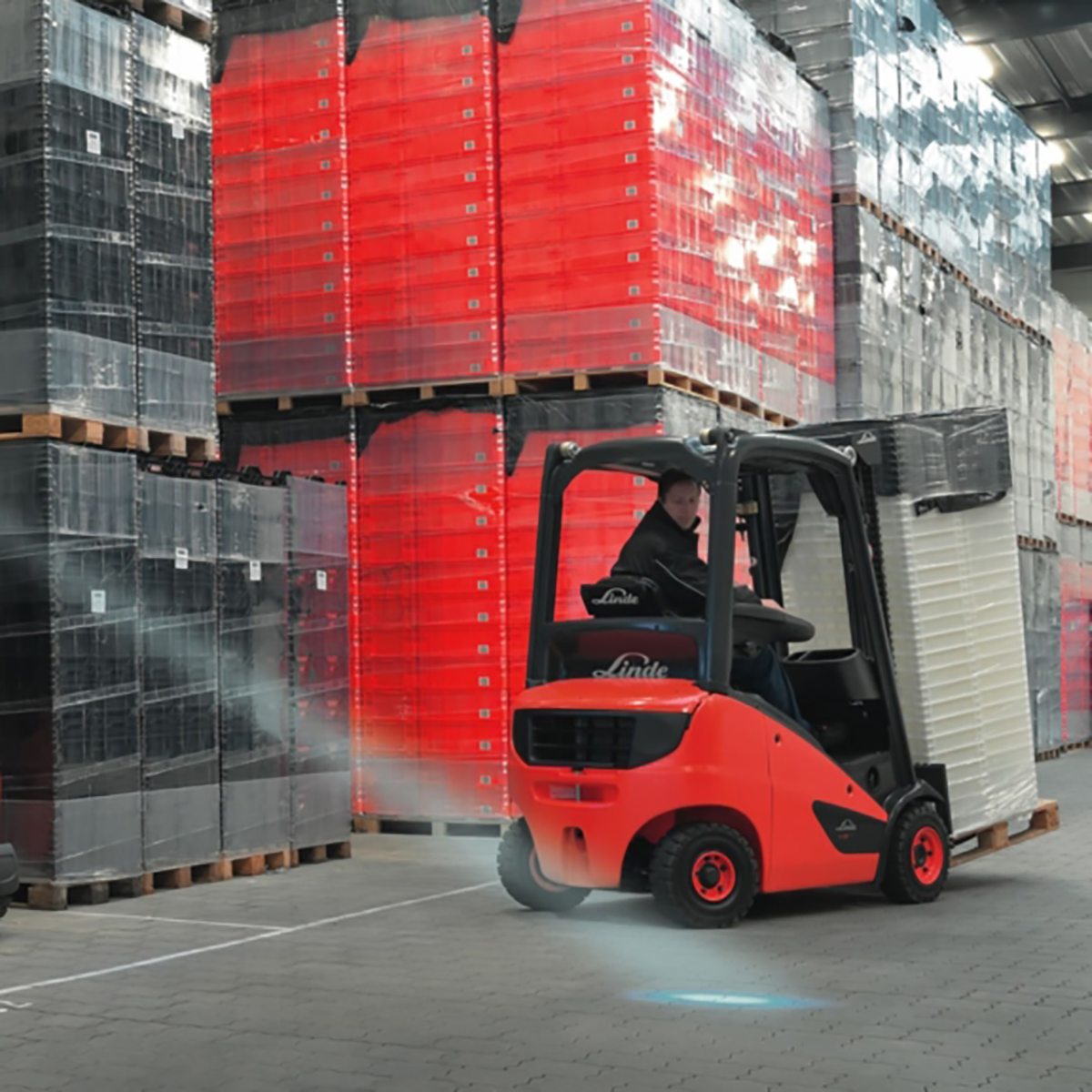
All knowledge and trends about linde forklift from Linde Material Handling
We are official Linde forklifts wholesaler 忽略
In this article, we’ll explore essential tips for establishing a safe and efficient charging station for your forklift fleet.
The first step in creating a safe and efficient forklift battery charging station is to designate a dedicated area solely for this purpose. This area should be well-defined, easily accessible, and preferably away from high-traffic zones to minimize disruptions. By having a designated charging area, you can streamline the charging process and reduce the risk of accidents or interference with other operations.
Proper ventilation is crucial when setting up a forklift battery charging station, especially if you’re using lead-acid batteries. Charging lead-acid batteries produce hydrogen gas, which can be hazardous if not properly ventilated. Ensure adequate airflow in the charging area to dissipate any hydrogen gas buildup and reduce the risk of explosion or fire. Consider installing ventilation systems or fans to maintain a safe working environment.
Adequate electrical power is essential for efficient forklift battery charging. Ensure that your charging station is equipped with sufficient electrical capacity to handle the charging requirements of your forklift fleet. Consult with a qualified electrician to assess your power needs and install the necessary infrastructure, including outlets, circuit breakers, and wiring, to support multiple charging stations simultaneously.
Careful planning is crucial when installing chargers and battery extractors in your charging station. Position chargers and extractors strategically to optimize workflow and minimize congestion. Consider factors such as accessibility, ease of use, and space constraints when planning the layout of your charging station. Additionally, ensure that chargers and extractors are installed according to manufacturer specifications and comply with relevant safety standards.
Safety should always be a top priority in any workplace, especially in areas where hazardous materials are present. Equip your forklift battery charging station with all necessary safety equipment, including fire extinguishers, eye wash stations, and spill containment kits. Train your staff on how to use this equipment effectively and ensure that it is readily accessible in case of emergencies.
Finally, ensure that your charging station is operated by a trained and knowledgeable staff. Provide comprehensive training on proper charging procedures, safety protocols, and emergency response plans. Empower your charging staff to identify potential hazards, troubleshoot common issues, and adhere to best practices for safe and efficient charging operations.
Setting up a safe and efficient forklift battery charging station is essential for maintaining productivity, protecting your assets, and ensuring the safety of your staff. By following the tips outlined in this article, you can create a charging station that not only meets your operational needs but also promotes a culture of safety and efficiency in your workplace. Remember, a well-designed charging station is an investment in the long-term success of your business.





Charging Station Diesel Forklift Diesel Forklifts Electric-Powered Forklifts Electric Forklift Forklift Forklift 2tons Forklift Batteries Forklift Battery Forklift Chargers Forklift Equipment Forklift Maintenance Forklift Operator Training Forklift Ownership Forklifts Forklift Truck Forklift Trucks Linde Automated trucks Linde Electric-Powered Forklifts Linde Electric Forklifts Linde Forklift Linde Forklifts Linde Forklift Trucks Linde Material Handling Pallet Trucks
All knowledge and trends about linde forklift from Linde Material Handling
Send us your requirements about linde forklifts, get the official wholesale price in 10 minutes!